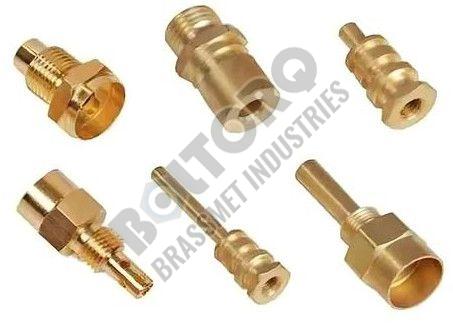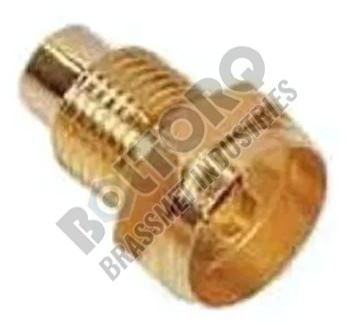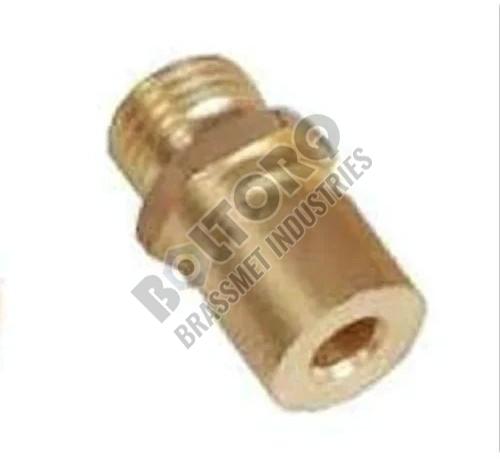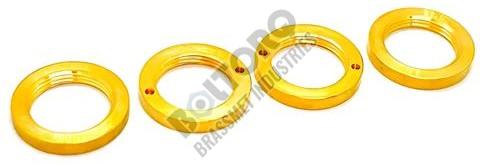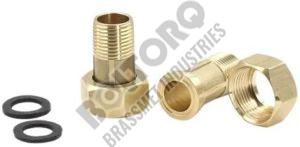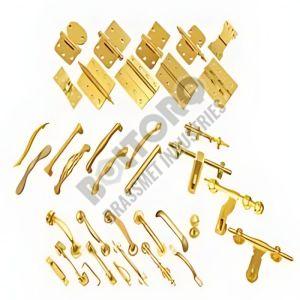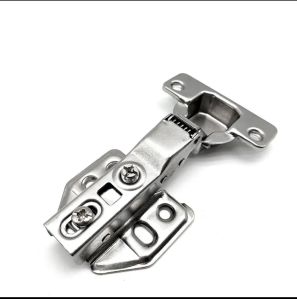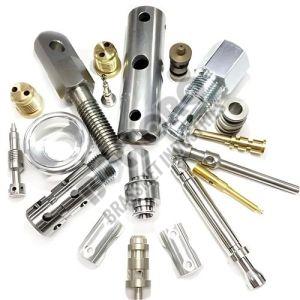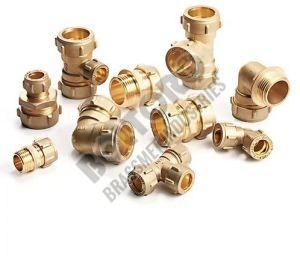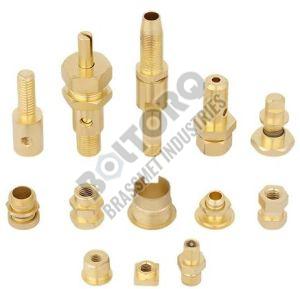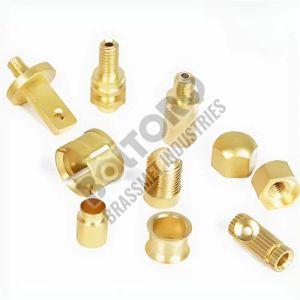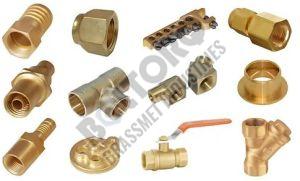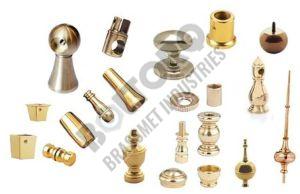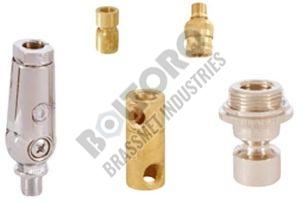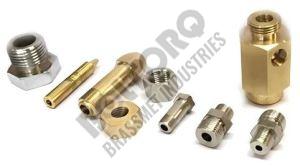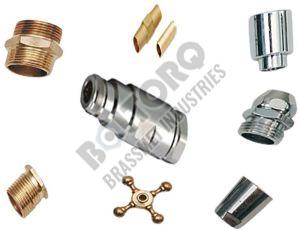300.00 / Piece
| Business Type | Manufacturer, Exporter, Supplier |
| Material | Brass |
| Finishing | Polished |
| Color | Golden |
| Click to view more | |
Product Details
Application
Marine Engine
Size
Standard
Country of Origin
India
Uses:
- Boat Hardware: Used in the manufacturing of boat hardware such as cleats, hinges, handles, and navigation lights, providing strength and corrosion resistance.
- Engine Components: Integral in marine engine components including pumps, valves, fittings, and heat exchangers, ensuring efficient performance and longevity.
- Propulsion Systems: Employed in propulsion systems such as propellers, shafts, and couplings, providing durability and resistance to corrosion and marine growth.
- Steering Systems: Components in steering systems including rudder fittings, steering wheels, and control levers, ensuring precise and reliable maneuverability.
- Deck Fittings: Utilized in deck fittings such as bollards, fairleads, and railings, providing secure mooring and safety on board.
- Electrical Components: Used in electrical systems including connectors, terminals, and switches, providing conductivity and corrosion resistance.
- Plumbing Systems: Integral in plumbing systems including through-hull fittings, valves, and hose fittings, ensuring leak-proof connections and efficient water distribution.
- Anchoring Systems: Components in anchoring systems including anchor rollers, chains, and swivels, ensuring secure anchorage and stability.
Details:
- Material Composition: Brass marine parts are crafted from high-quality brass alloys, typically composed of copper and zinc, offering excellent corrosion resistance, strength, and durability in marine environments.
- Surface Finish: Finished with polishing, plating, or coating processes to enhance corrosion resistance and aesthetic appeal, ensuring longevity and performance in marine applications.
- Design: Designed with marine-specific features such as corrosion-resistant materials, reinforced structures, and watertight seals to withstand the challenges of marine environments.
- Customization: Available in various sizes, shapes, and designs to meet specific requirements of different marine applications and vessels.
- Quality Standards: Manufactured to meet or exceed marine industry standards and specifications, ensuring reliability, safety, and compliance with regulations.
Benefits:
- Corrosion Resistance: Brass marine parts offer exceptional resistance to corrosion, oxidation, and saltwater exposure, ensuring long-lasting performance and durability in marine environments.
- Strength: Brass alloys provide high tensile strength and durability, capable of withstanding mechanical stress, vibration, and impact common in marine applications.
- Durability: Brass marine parts are highly durable and resistant to wear and tear, ensuring reliable performance and longevity even in harsh marine conditions.
- Low Maintenance: Brass parts require minimal maintenance, with periodic cleaning sufficient to maintain their appearance and functionality, reducing maintenance costs and downtime.
- Conductivity: Brass offers good electrical conductivity, making it suitable for electrical components and systems in marine vessels.
- Aesthetic Appeal: The golden hue of brass adds aesthetic value to marine vessels, enhancing their overall appearance and visual appeal.
- Versatility: Brass marine parts are versatile and adaptable, suitable for a wide range of marine applications and vessels, providing flexibility and compatibility with different systems and components.
- Environmental Sustainability: Brass is a recyclable material, supporting sustainability efforts and reducing environmental impact in marine construction and operations.
Looking for "Brass Marine Engine Parts" ?
Kilogram
Explore More Products


